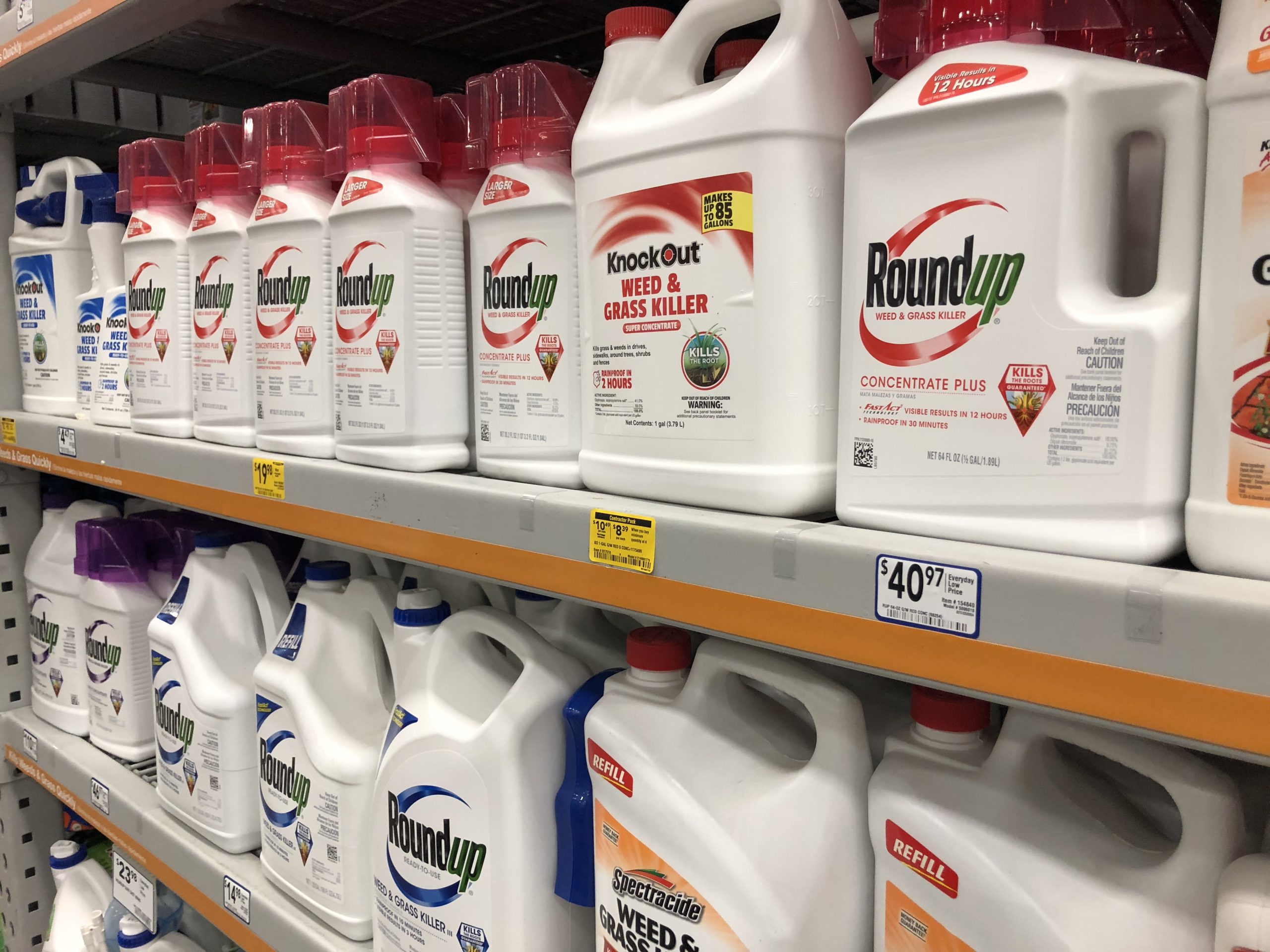Female reproductive health adversely affected by glyphosate, research finds

Published: April 7, 2025
Category: Pesticides
A recent study published in Reproductive Sciences found that exposure to glyphosate, a widely used herbicide and the active ingredient in Roundup, can cause damage to female fertility and reproductive health. The researchers advocate for a broader understanding of the risks glyphosate poses to human health to better shape public policy, and suggest finding less harmful alternatives.
Though the Environmental Protection Agency (EPA) considers glyphosate safe, studies have suggested its neurotoxicity and carcinogenicity, linking it to Non-Hodgkin lymphoma, Parkinson’s disease, liver and kidney disease, lower birth weight, and a host of other health issues.
Now researchers are finding correlations between glyphosate exposure and harm to the female reproductive system. The toxic herbicide acts as an endocrine disruptor, interfering with hormones in a way that impacts uterine structure, ovarian function, embryo implantation, and fetal development.
The Reproductive Sciences study also found that glyphosate may be linked to two reproductive disorders that are among the leading causes of infertility, polycystic ovary syndrome (PCOS) and endometriosis. The conditions affect 6–13% and 10% of reproductive-aged women respectively, according to the World Health Organization, and often adversely impact a woman’s quality of life in numerous ways, from irregular periods, weight gain, and acne with PCOS to severe period pain with endometriosis.
So how is one exposed to this toxic herbicide—and is there a way to lessen exposure? Over the last three decades, glyphosate use on U.S. farms has substantially increased, with about 240 million pounds sprayed per year. It reaches people via skin contact, airborne particles, or food and water ingestion. In 2022, a survey found that more than 80% of urine samples from U.S. adults and children contained glyphosate. While it’s difficult to completely avoid, there are ways to limit your exposure. Buy organic rather than conventionally grown produce at your local grocery store or farmers market. If possible, avoid using herbicides when gardening, and if you are going to handle pesticides, wear protective gear. On a broader scale, support your community’s organic farms, advocate for local non-herbicide weed control, and vote for political candidates who champion sustainable agriculture.
Source: U.S. Right to Know
To view source article, visit: https://usrtk.org/healthwire/glyphosate-risks-to-female-fertility-reproductive-health/?mc_cid=80d923d3aa&mc_eid=64d3d1b8fb
Organic & Non-GMO Insights April 2025




